
Here’s What Really Happens To Your Body If You Drink Diet Soda

Diet soda has long been marketed as a “healthier” alternative to regular soda — delivering the same fizzy, sweet satisfaction without the calories. With popular brands like Diet Coke, Pepsi Zero Sugar, and other sugar-free options lining supermarket shelves, many people choose these beverages in an effort to manage weight, reduce sugar intake, or satisfy a sweet craving without the added calories.
But how healthy is diet soda, really? Regular consumption may have effects that go beyond simple calorie replacement. Let’s explore what’s inside diet soda and the top ten ways it may affect your health.
What’s Actually in Diet Soda?
Diet sodas are primarily composed of:
-
Carbonated water – the fizzy base.
-
Artificial sweeteners – such as aspartame, sucralose, or saccharin, often hundreds of times sweeter than sugar. This allows manufacturers to create a sweet flavor without calories.
-
Flavorings – to mimic the taste of classic soda.
-
Acids – commonly phosphoric or citric acid, which enhance flavor and shelf life.
-
Preservatives – to maintain freshness over time.
Although calorie-free, these beverages rely heavily on chemical additives, which can affect your body in ways that are not immediately obvious.
Top 10 Effects of Drinking Diet Soda
1. Metabolism and Weight Management
While diet soda has no calories, research suggests it may not aid weight loss as intended. Artificial sweeteners can confuse your body’s metabolic signals, making it expect sugar. This mismatch can trigger hunger and cravings for calorie-dense foods, sometimes leading to overeating rather than weight reduction.
2. Insulin Sensitivity and Blood Sugar
Some studies indicate that consuming artificial sweeteners regularly may negatively affect insulin response. Over time, this could increase insulin resistance, raising the risk of type 2 diabetes, particularly in people with other risk factors.
3. Appetite and Cravings
Intense sweetness — often stronger than real sugar — can recalibrate your taste buds, leading to stronger cravings for sweet or processed foods. This can undermine your calorie-cutting efforts and make it harder to maintain a balanced diet.
4. Potential Cardiovascular Impact
Observational studies have linked frequent diet soda consumption to an increased risk of heart disease, stroke, and other cardiovascular issues. The exact cause isn’t fully understood but may involve a combination of artificial sweeteners, acidity, and metabolic changes.
5. Bone Health Concerns
Phosphoric acid, found in many diet sodas, may interfere with calcium absorption. Over the long term, this could reduce bone mineral density and contribute to osteoporosis, especially in women.
6. Dental Health Risks
Even without sugar, diet sodas are highly acidic. Chronic exposure to acids can erode tooth enamel, leading to increased sensitivity, cavities, and long-term dental issues.
7. Effects on the Gut Microbiome
Emerging research suggests artificial sweeteners may disrupt gut bacteria balance. This could impact digestion, immunity, and even mood regulation. While studies are still ongoing, maintaining gut health is a key consideration for overall wellness.
8. Possible Neurological Effects
Some research raises concerns about long-term effects of artificial sweeteners on the brain. Heavy, prolonged consumption may be linked to migraines, mood changes, or cognitive effects, though evidence is not yet definitive.
9. Kidney Function
Long-term diet soda intake has been associated with reduced kidney function in some studies. This may be due to high phosphorus levels or the metabolic load of processing artificial additives.
10. Hydration Considerations
Diet soda contributes to your daily fluid intake, but it lacks electrolytes and often contains caffeine, which can have mild dehydrating effects. It shouldn’t replace water, especially if consumed in large quantities.
Balancing the Pros and Cons
Diet soda does provide certain advantages: zero sugar and zero calories, which can be useful in moderation. However, frequent or long-term consumption may come with hidden consequences for metabolism, cardiovascular health, gut balance, and more.
Occasional consumption: Likely harmless for most healthy adults.
Daily habit: May warrant reconsideration and alternatives.
Healthier Alternatives to Diet Soda
If you’re looking to reduce diet soda while still enjoying a fizzy or flavored beverage, consider:
-
Sparkling water with a splash of fruit juice – fizzy, flavorful, and naturally sweetened.
-
Herbal teas – hot or iced, naturally caffeine-free, and hydrating.
-
Infused water – cucumber, lemon, mint, or berries for flavor without additives.
-
Kombucha or probiotic drinks – for gut health and mild effervescence.
Tip: Gradually replace diet soda with these options to retrain your taste buds and reduce sugar cravings over time.
Key Takeaway
Diet soda can be enjoyed in moderation, but it’s not a perfect substitute for water or whole foods. While zero calories might seem ideal, the potential metabolic, cardiovascular, digestive, and dental effects mean it’s best consumed occasionally rather than daily.
For optimal health, prioritize water, herbal beverages, and minimally processed drinks. Replacing sugary soda with diet versions is a step toward healthier habits—but not the final solution.
News in the same category


Cabbage Leaf Miracle: How to Relieve Joint Pain Overnight Naturally
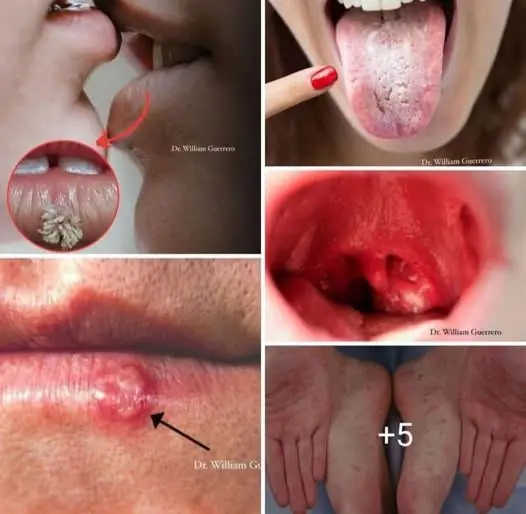
Mouth Cancer: Symptoms, Causes, Stages, and Treatment

How to Cure Sciatic Nerve Pain: A Guide to Natural Remedies

Mix these 3 before bed — it heals arteries while you sleep
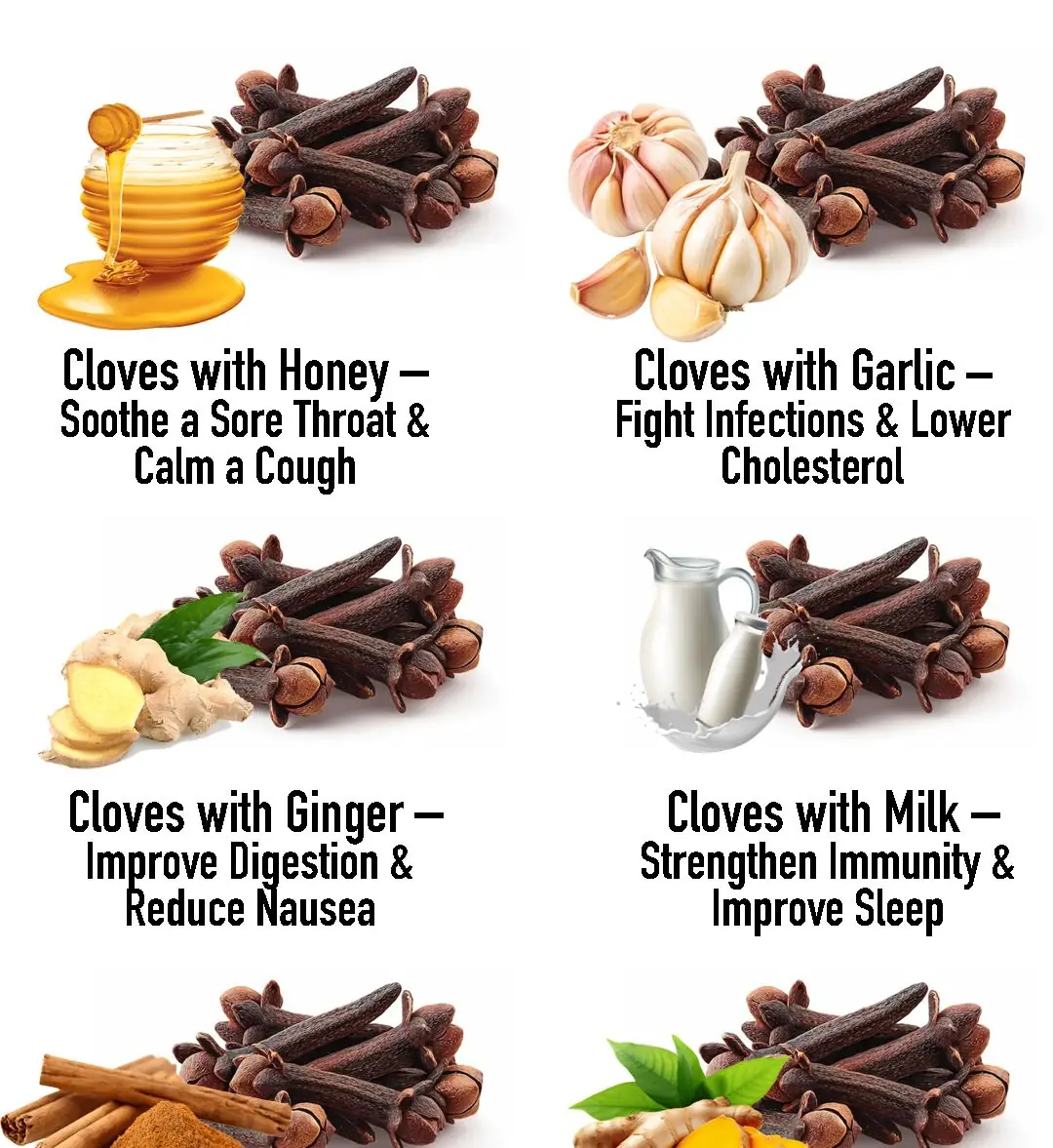
20 Genius Ways to Use Cloves for Your Health
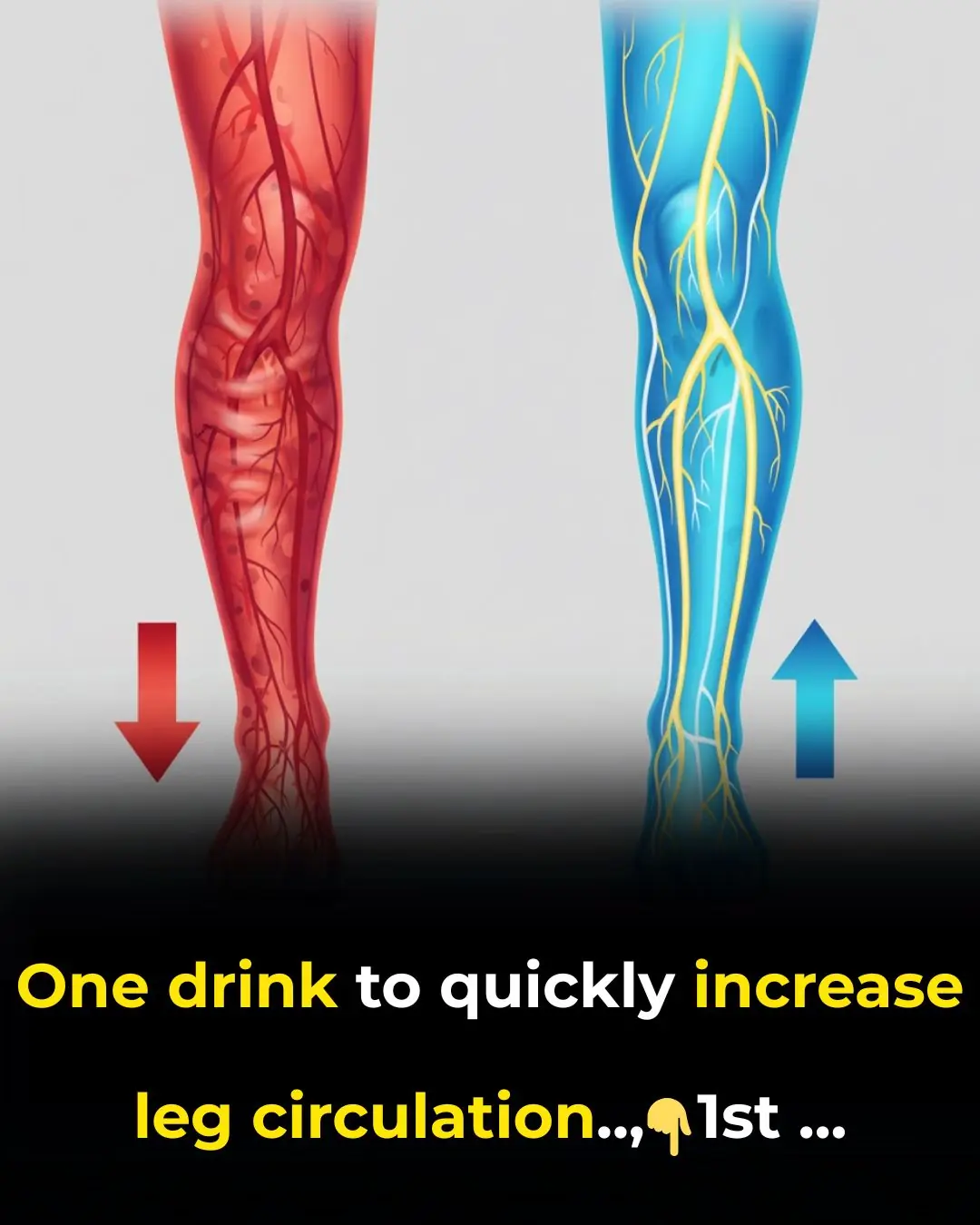
One drink to quickly increase leg circulation

Extremely good food you should not miss

Drink this cinnamon and clove tea to lower your blood sugar naturally

Roselle: The Scarlet Herbal Treasure with Powerful Health Benefits

Clove-Infused Honey Power: A Natural Wellness Booster You Can Make at Home
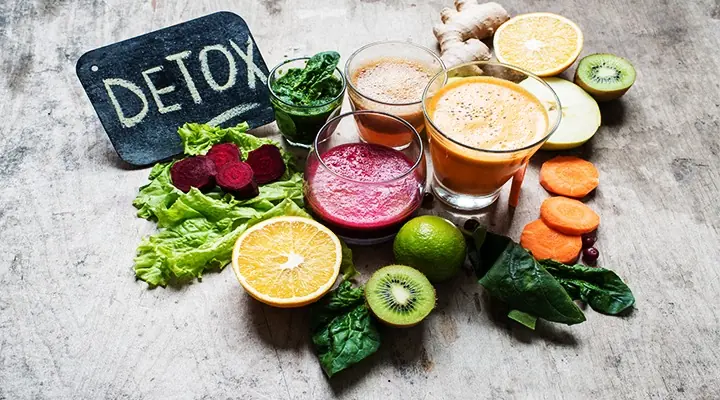
How to Detoxify and Cleanse Each Organ to Never Be Sick or Tired Again

NEW 10 UNUSUAL SIGNS OF COLON CANCER

Don’t throw these 4 things when someone passes away

Neuroscientist reveals the 500-calorie “fast” that doubles autophagy and resets your metabolism in just 3 days

Eat Celery Regularly for a Healthier Digestive System and Lower Blood Sugar Levels

Pineapple And Turmeric Drink Reverses Cancer-Causing Inflammation And Even Beats The Common Cold!
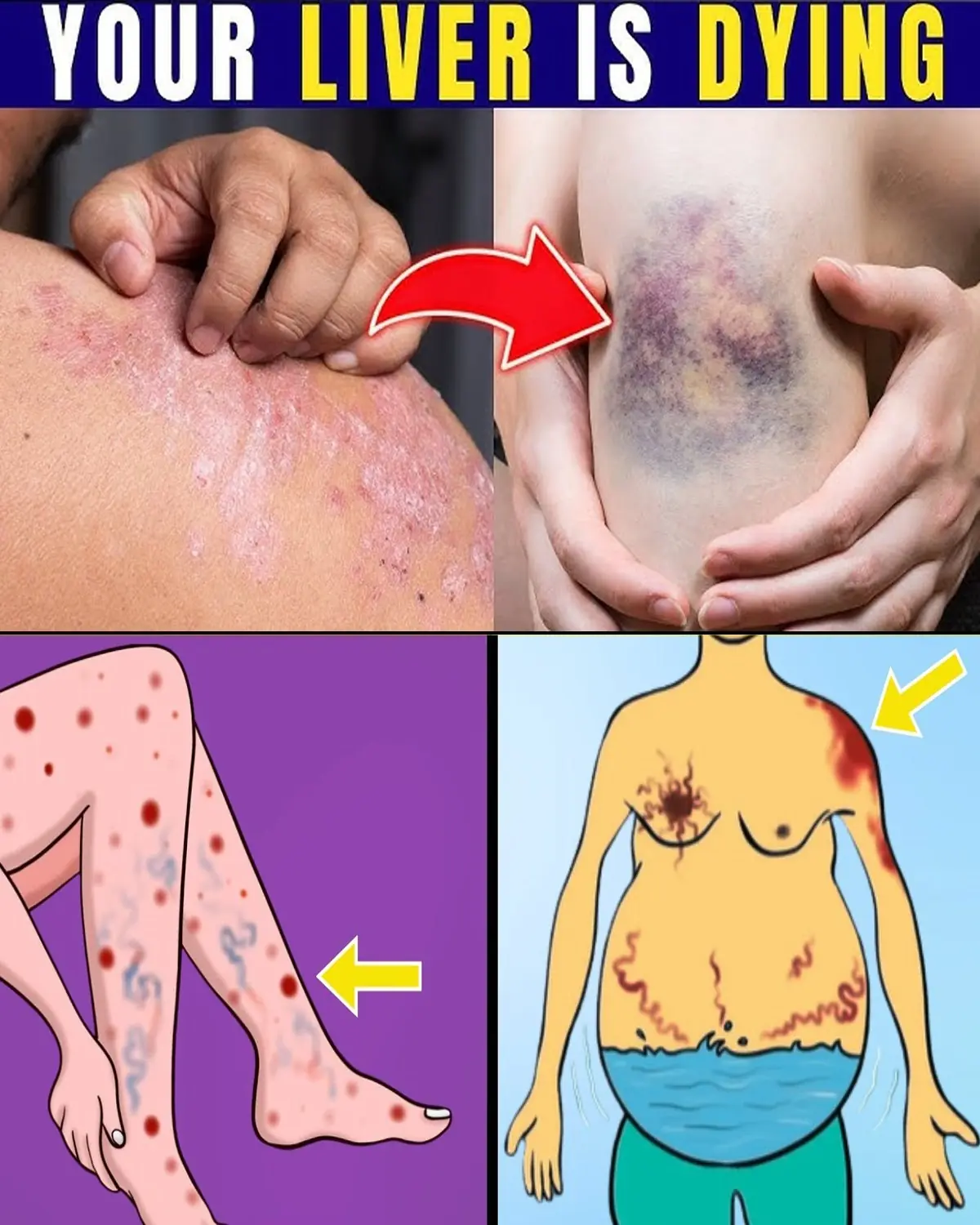
Warning: 12 Weird Signs That Show You’re Having Liver Damage

Top 3 Vitamins for Hip Arthritis
News Post
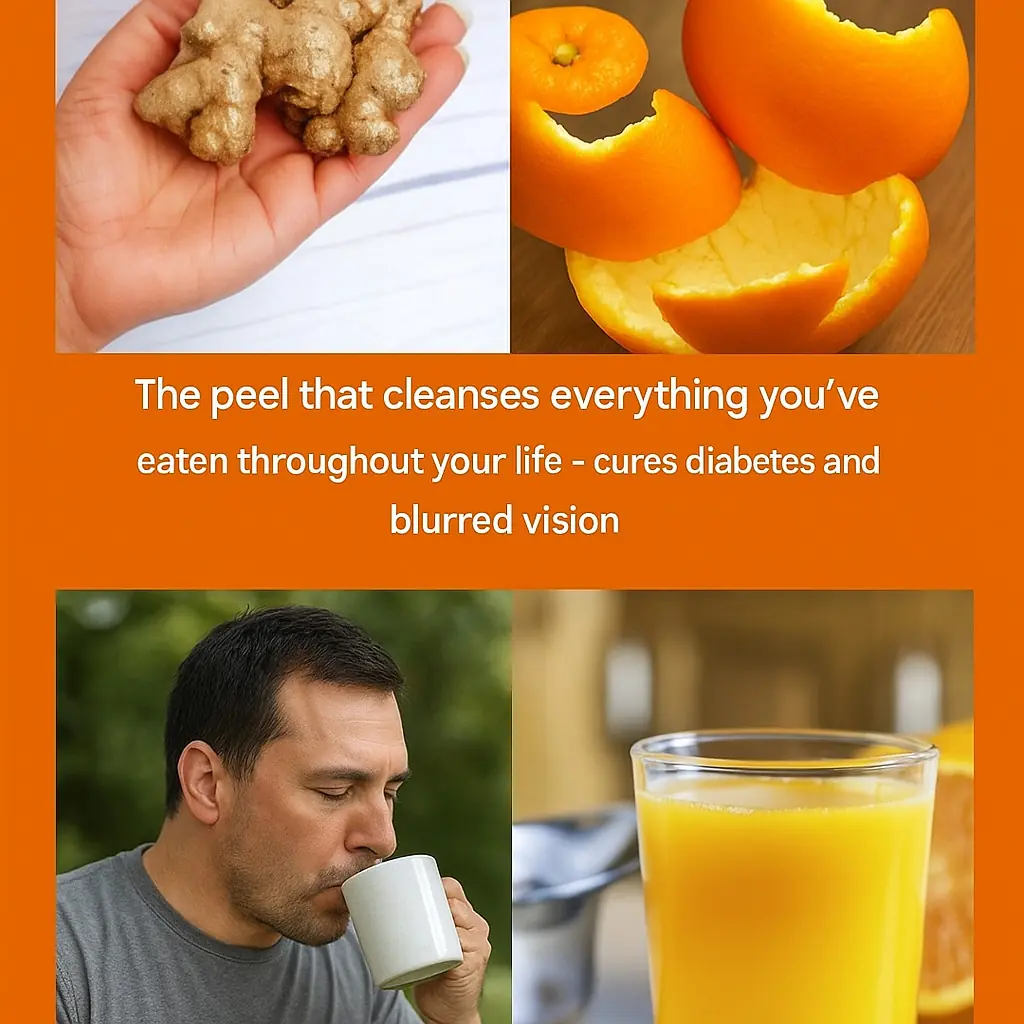
The Orange Peel Elixir That Cleanses Your Whole Body and Fights Diabetes, Cholesterol, and Blurry Vision

Stubborn Grass (Sporobolus indicus): The Resilient Weed with Hidden Healing Powers

Boost your hair growth with rice water ginseng hair spray

DIY Turmeric Gel For Ageless Skin: Unlock the Secrets of Radiant and Youthful Complexion
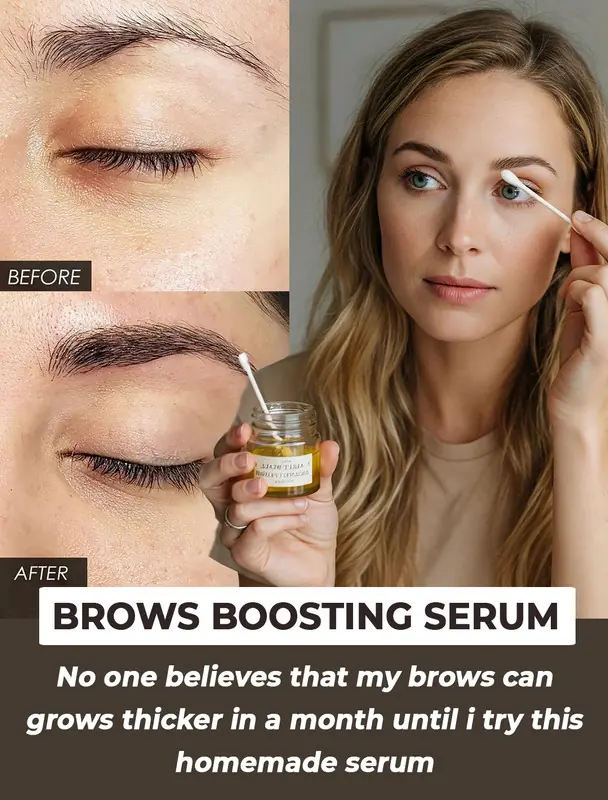
DIY Brow Boosting Serum: Thicken Eyebrows Naturally with Garlic, Castor Oil & Coconut Oil

Collagen Boosting Drink to Reverse Your Age: Get Spotless, Glowing Skin Naturally
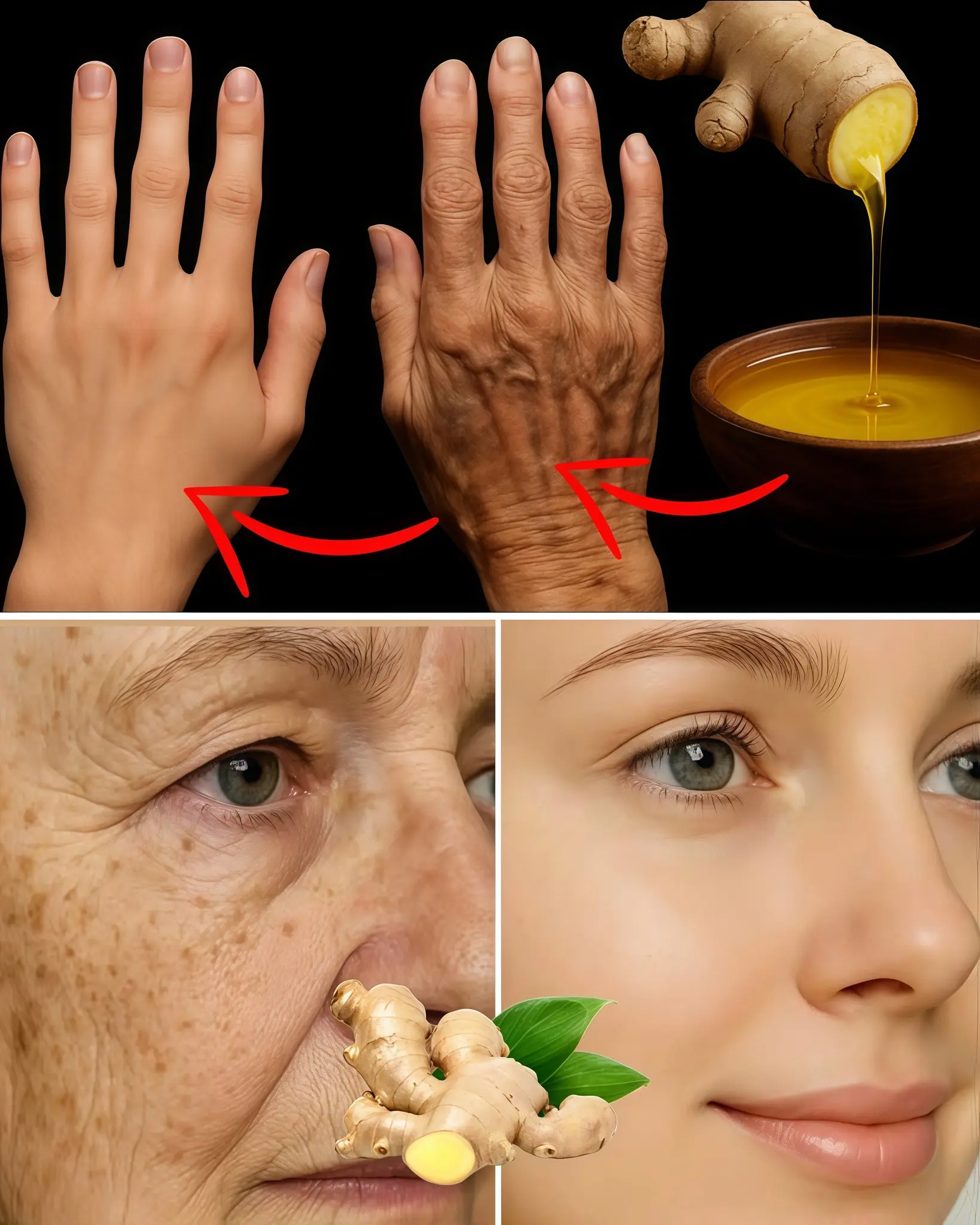
Ginger – 100 Times More Powerful Than Botox: The Natural Secret to Eliminate Wrinkles, Freckles, and Dark Spots
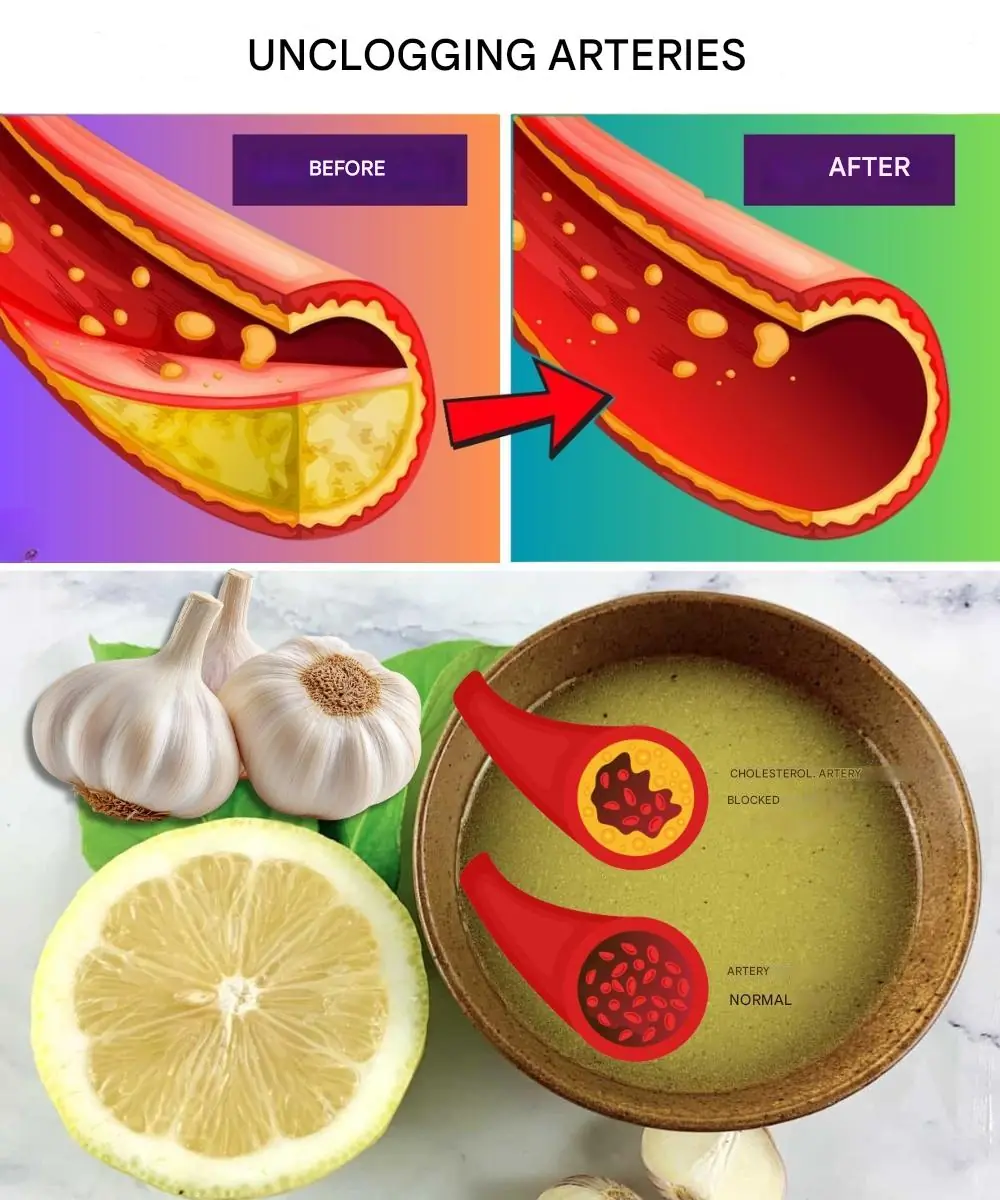
Clean Your Arteries Naturally with This Simple Homemade Juice — A Daily Tonic for Heart Health and Circulation
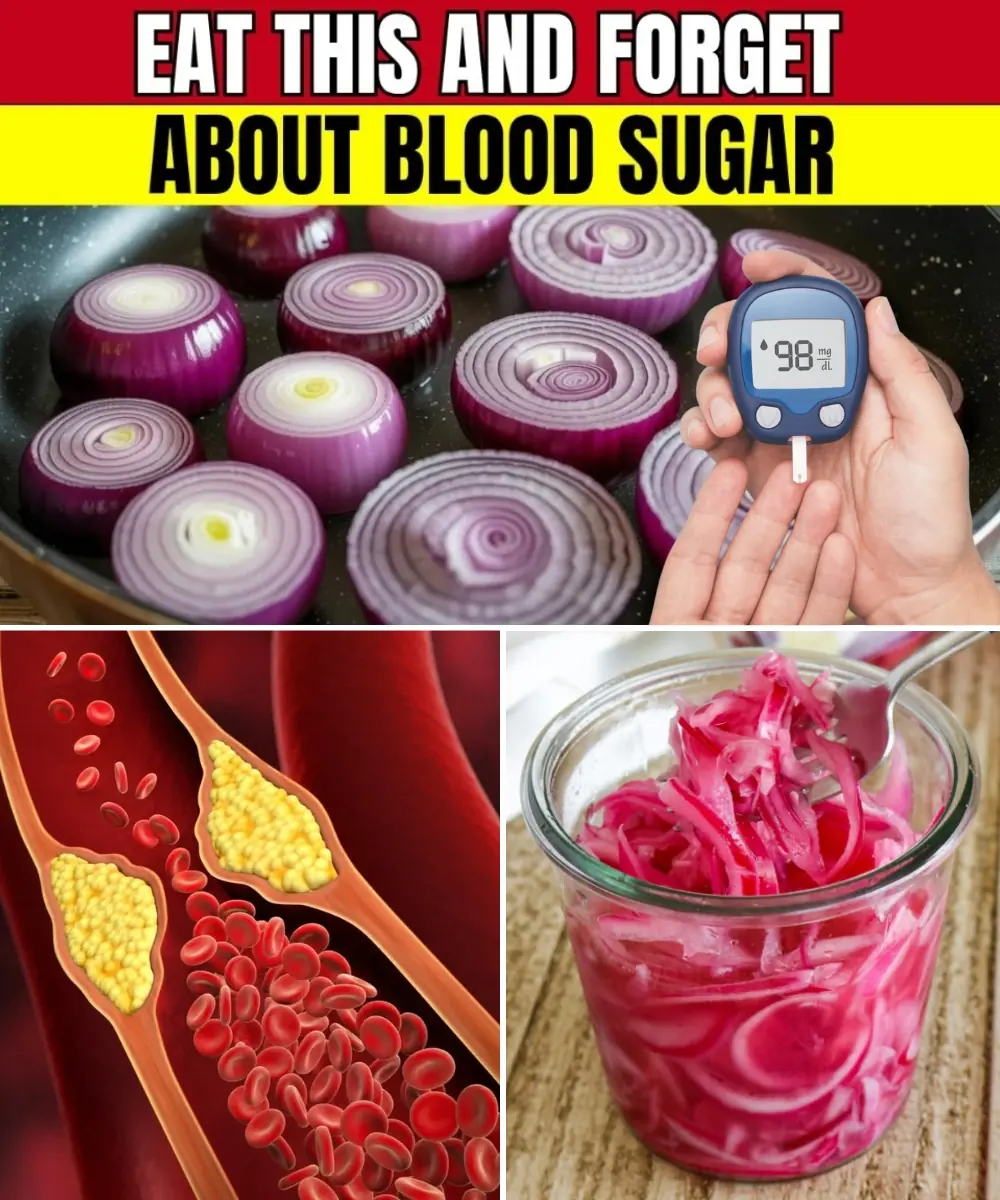
Red Onion Magic: The Little Kitchen Secret That Balances Blood Sugar Naturally

Cabbage Leaf Miracle: How to Relieve Joint Pain Overnight Naturally
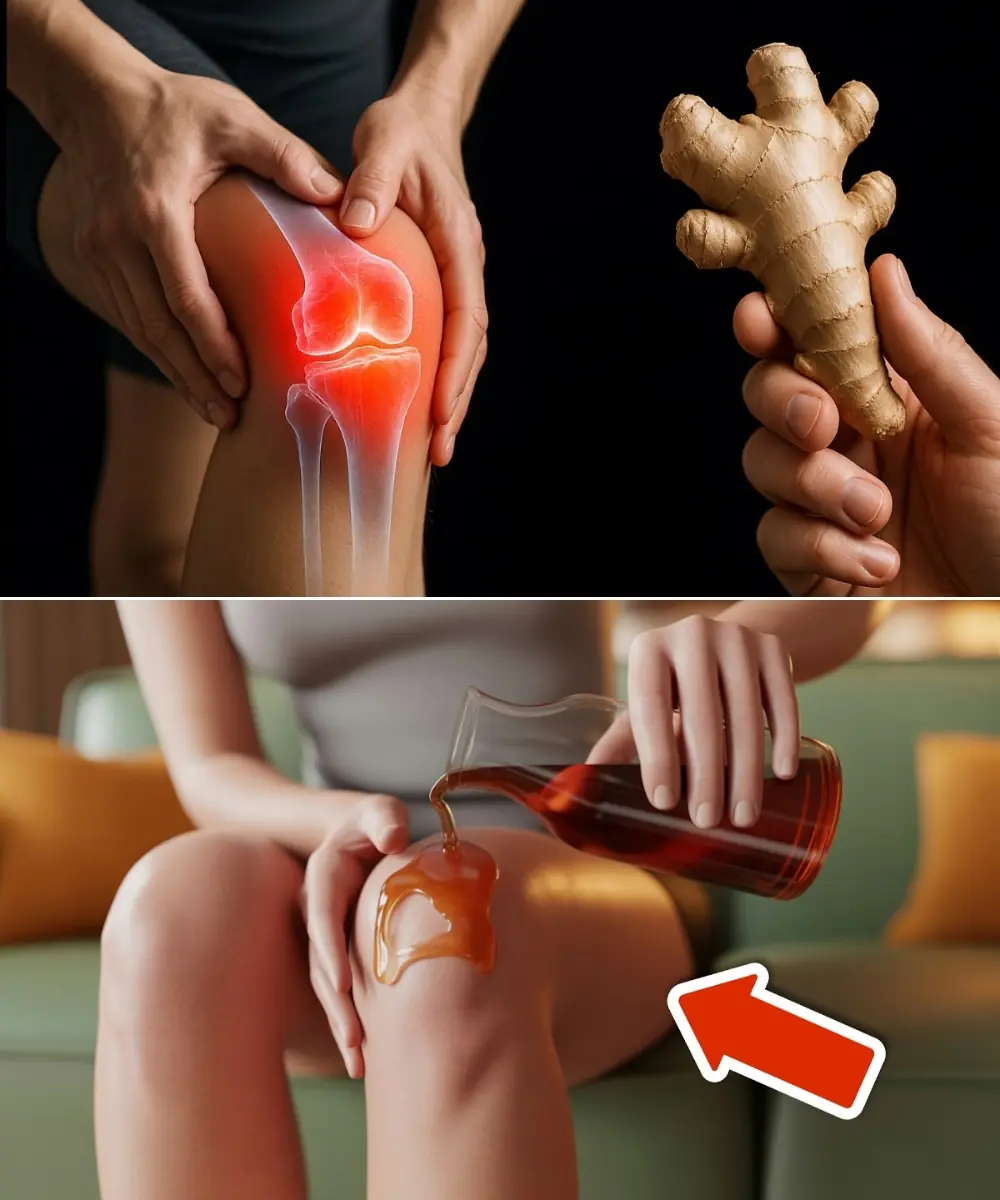
End Knee Pain Naturally: The Secret Power of Ginger Doctors Don’t Tell You

Proven Health Benefits of Dates (Dried, Fresh, Medjool) – Science Based

Mouth Cancer: Symptoms, Causes, Stages, and Treatment

How to Cure Sciatic Nerve Pain: A Guide to Natural Remedies

Is It Safe to Stay Inside a Car During a Thunderstorm?
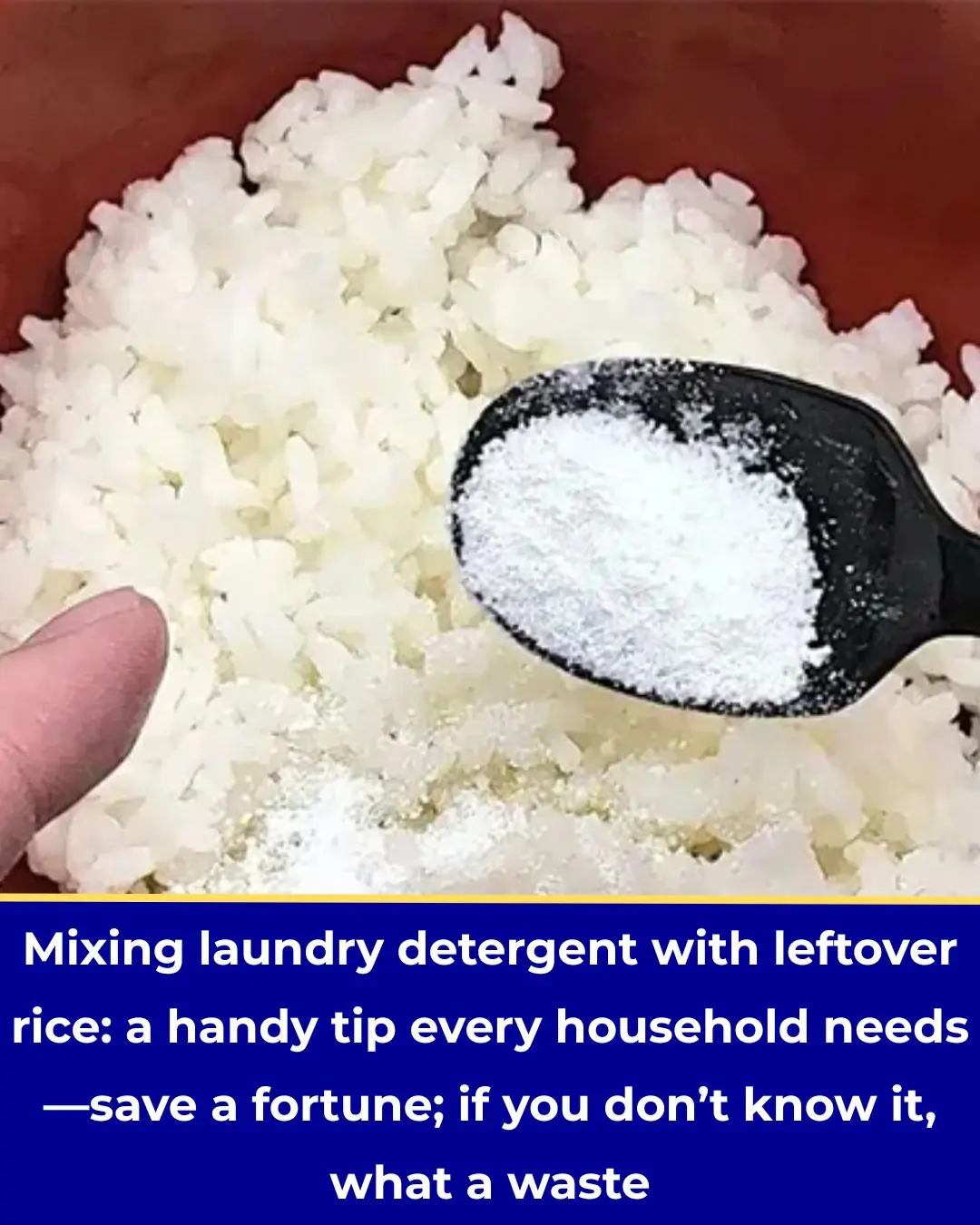
Mixing Leftover Rice with Laundry Detergent: A Surprising Cleaning Hack That Works Wonders

Houttuynia Root: The Overlooked Part with Powerful Health Benefits

Plastic Bottle Laundry Hack: How a Simple Trick Reduces Detergent Waste and Environmental Impact

Vinegar Is the Key to Streak-Free Windows and Shiny Surfaces — But Most Use It Wrong
